Explore Our Categories
Browse through diverse topics to find the inspiration you need
Some numbers
350+
In-depth articles
45k
Monthly readers
120
Expert contributors
98%
Reader satisfaction
Latest articles
Our recent publications


works
Transform your property's look through professional fencing and cladding

works
Enhance your building's aesthetics with expert fencing and cladding

house
Creative Solutions for Maximizing Space in a UK Three-Bedroom House for Large Families Without Extensions

house
Essential Zoning Factors to Consider for Extending Your Detached Home in the UK

house
Top Flooring Solutions for UK Homes: Ideal Choices for Pets and High Traffic Areas

deco
Essential Features for Crafting Your Zen-Inspired Bedroom Retreat in the UK
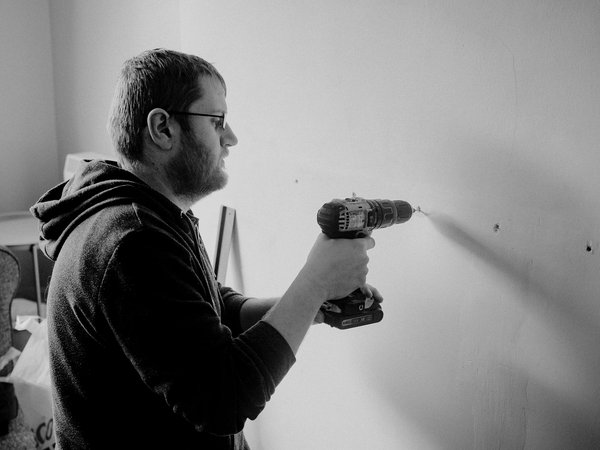
deco
Essential Insights for Seamlessly Adding a Mezzanine to Your UK Loft Conversion

deco
Top Materials for Creating a Long-lasting and Chic Kitchen Backsplash in the UK
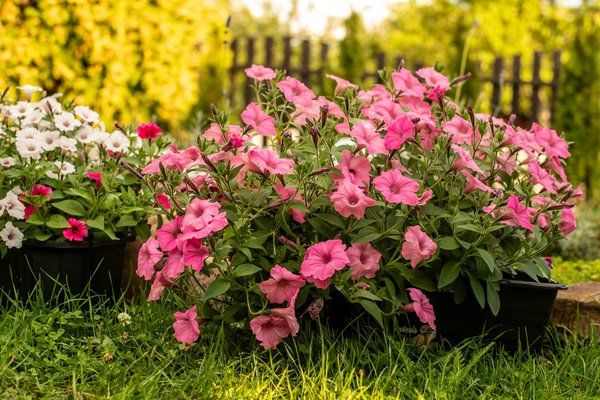
equipment
Discover the Best Smart Lock Brands for Your UK Door: A Compatibility Guide

equipment
Discover the Most Effective Draught-Exclusion Methods for UK Period Properties

equipment
Effortless Elegance: Designing a Low-Maintenance Front Yard for UK Homeowners
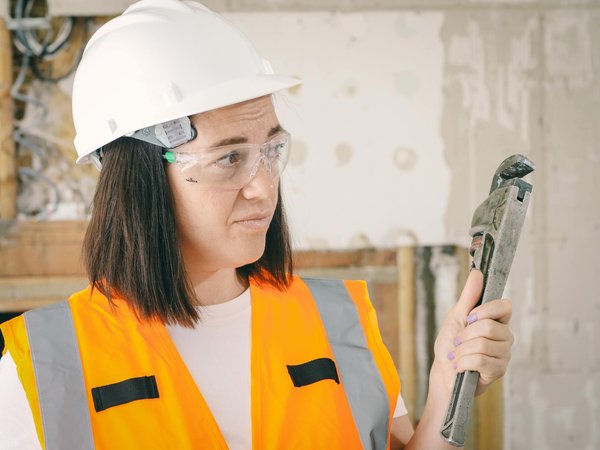
garden
Maximizing Urban Living: Are Vertical Wall Planters the Key to Greening Limited UK City Spaces?
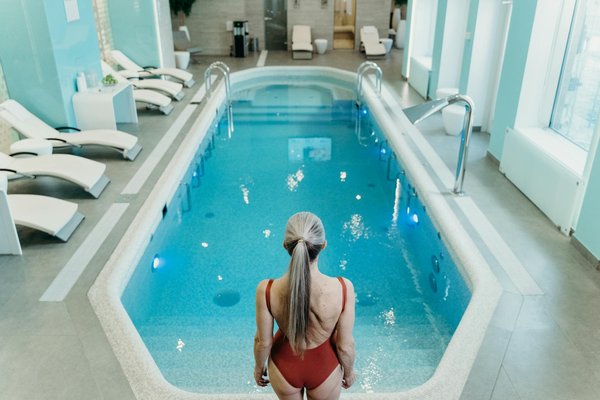
garden
Transform Your Compact UK Courtyard: Creative Ways to Add a Vegetable Garden

garden
Ultimate Guide to the Best Mulching Techniques for Weed Control in UK Flower Beds

house moving
DIY Moving vs. Hiring Professionals in Bristol: A Comprehensive Cost Analysis

house moving
Essential Tips for Seamlessly Adjusting to Your New Neighborhood after a House Move in the UK

house moving
Step-by-Step Guide: How to Seamlessly Redirect Your Mail After Relocating in the UK

news
Essential Steps to Take If Your UK Biometric Residence Permit Goes Missing or Is Stolen

news
Exploring the Effects of the UK"s 2023 Sugar Tax on the Food Sector: A Comprehensive Analysis

news
Navigating Government Research Funding: A Step-by-Step Guide for UK Universities

real estate
Enhance Your Rural Derbyshire Property Value: Top Garden Features That Make a Difference

real estate
Essential Home Features for Disability-Friendly Living in Manchester: What to Consider
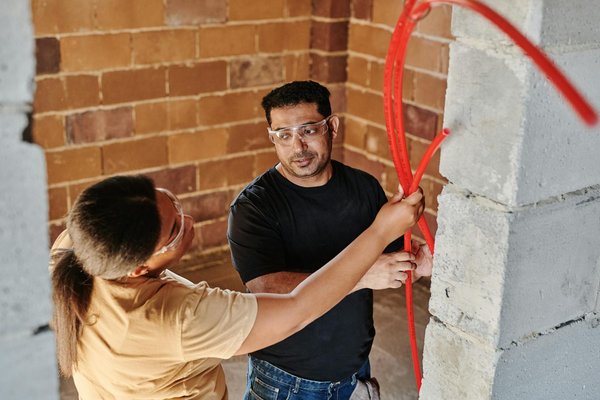
real estate
Navigating the Journey: A Step-by-Step Guide to Purchasing Foreclosed Properties in the UK

swimming pool
Transform Your UK Swimming Pool Atmosphere: Mastering Mood Lighting with Color LED LEDs

swimming pool
Transforming the Soundscape: Tips for Improving Indoor Swimming Pool Acoustics in Your UK Home

swimming pool
Transforming Your UK Garden: Creative Ideas for Seamless Pool Cover Designs That Harmonize with Nature

works
Discover the Ultimate Water Heating Solutions for UK Homes: What's the Most Energy-Efficient Method?

works
Discovering the Best Budget-Friendly Insulation Solutions for Your Victorian Home in London

works